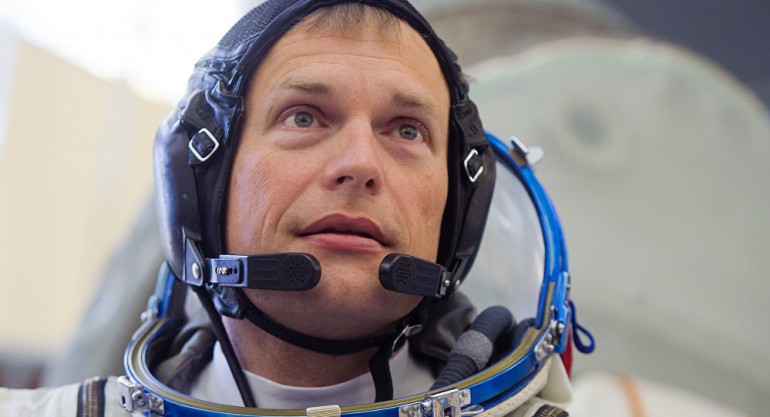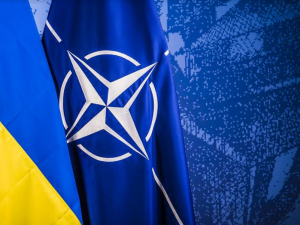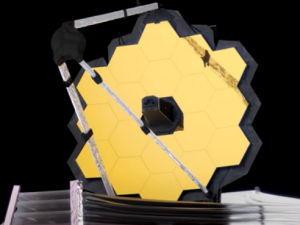
Se EIR's video-interview med Andreas Mogensen fra 10. oktober 2014 efter Sputnik artiklen.
Fra vores indlæg 24. august:
Sputnik Danmark, 7. august 2015 – ”Danmarks første astronaut Andreas Mogensen fra den Europæiske Rumorganisation gik torsdag i gang med at aflægge prøver før flyvningen. Det sker i centret for kosmonautuddannelse i Stjernebyen uden for Moskva. Han er sat på det nye hold, der skal op til den internationale rumstation ISS. Det beretter RIA Novosti.”
Således lyder det i Sputnik Danmarks artikel. Videre lyder det:
”Andreas Mogensen har udtalt, at han er meget begejstret for den forestående mission og håber på at kunne lære noget af den besætning, der er på stationen nu.
’Det er en meget stor ære. Jeg er meget glad for at være den første danske astronaut. Selvom jeg har erfaring fra arbejde på andre områder, så er arbejdet i verdensrummet noget helt andet’, sagde han til journalisterne ved eksamenstræningen for den nye besætning, der skal op til den internationale rumstation. Opsendelsen er planlagt til 2. september og skal ske med transportfartøjet Sojuz TMA-18M.
Læs hele artiklen på Sputnik Danmark her.
——————————
Se EIR's video-interview på dansk med Andreas Mogensen fra 10. oktober 2014.
med EIR's København korrespondent Michelle Rasmussen. Efter pressekonferencen arrangeret af IPC, International Press Center, København. Spørgsmålene inkluderede:
Hvorfor ville du være astronaut?
Hvorfor skal vi tage ude i rummet?
Hvad er forskel mellem at være bundet til Jorden, eller skifte udgangpunktet til solsystemmet eller den næste galaxe?
Har vi brug for politikere som har langsigtede visioner, istedet for frem til det næste valg?
See the whole press conference with Andreas Mogensen in English from Oct. 10, 2014. EIR asked three questions, which start at about 47 minutes.
At the International Press Center in Copenhagen. Andreas Mogensen describes his mission and training, and reveals his mission logo, and ESA's Nigel Savage describes the educational programs connected with Andreas' mission. The first three questions, at about 47 min., were from Executive Intelligence Review's Michelle Rasmussen.
Question resumé:
1. The US is cutting its space program, while the Chinese and Indians are going to the Moon and Mars. Indian PM Modi is engaging youth both to eliminate poverty, and create scientific and technological progress, seeing one as necessary for the other. Why should we, during an economic crisis, still reach for the stars?
2. How does your mission relate to asteroids?
3. Because of the sanctions policy against Russia, the US is stopping part of their space cooperation. Why is it important to continue international cooperation, and not stop it because of politics?
October 15, 2014 (EIRNS) — On Friday, Oct. 10, 2014, Andreas Mogensen, Denmark's first astronaut, chosen by the European Space Agency (ESA), held a press conference in Copenhagen, arranged by the International Press Center of the Foreign Ministry, where EIR was able to ask three of the six questions (in English) and have a private 10-minute interview (in Danish). The question session came after Mogensen described his 10-day scientific mission to the International Space Station (ISS), to occur in one year, and his training. He will be co-piloting a Russian Soyuz rocket to get there and back, and much of his training is taking place in Russia, and, also, the US. This spurred him to make a plea for the continuation of international space cooperation, in answer to an EIR question. Here are highlights (in paraphrase) of his exchange with EIR during the public press conference.
EIR counterposed the US space program being sacrificed, to China's Moon H3 fusion perspective, and India's Mars orbiter. Modi is mobilizing the youth to both eradicate poverty and persue scientific and technological progress. Why, during times of economic crisis, should we still reach for the stars?
Mogensen, while expressing optimism about future NASA plans for the Moon, asteroids and Mars, said that China has come on to the scene, and ESA is cooperating with them. We will be lucky if ESA astronauts can fly to the future Chinese station.
Space flight can inspire the younger generation. That's where our future lies, and we are aware of that, also in Europe…. Hopefully the work we do will help inspire the next generation.
Nigel Savage from ESA's youth education program said their education programs are an investment to fuel the future workforce, to inspire youth, and reverse trend away from natural science. He cited a UK minister calling for an Apollo effect, for science, engineering and math.
There was an EIR question about the part of the mission dealing with asteroids, which Mogensen answered by saying that that was a possible future landing destination. NASA is considering an asteroid redirect — to capture a small asteroid, and put it into orbit around moon, and then send astronauts there to investigate. This could reveal artifacts of the early solar system, and we could learn about the its past state — which elements were present. Some suggest that amino acids will be found there, which form the building blocks of life.
On Nov. 11, the Rosetta spacecraft will attempt to land on a comet for the first time, and take surface samples.
EIR then raised that because of the sanctions against Russia, NASA has cancelled some of the space cooperation. What is the importance of maintaining cooperation, and not allowing that to be eroded because of political considerations.
Mogensen said that the ISS is a good example. It could not exist without US and Russia. The only way to get there is via a Soyuz rocket, and some vital functions are provided by the US. We have to help ensure continuation, on a daily basis, of communication on all levels — ministerial, technicians and engineers — like how the scientific programs during the cold war helped to ensure mutual understanding, and international cooperation. That is the only way to break through stereotypes, see things on human, not rhetorical level, where political slogans come into play. The ISS is a perfect example of communication to ensure that peace continues.
The private interview, held in Danish, dealt with the more philosophical questions of why Mogensen wanted to be an astronaut, why we should go into space, LaRouche's concept of changing worldview to a solar system, or galactic perspective, and if we need politicians who have a long-term vision of the future, like JFK, not just to the next election. [mr_]







